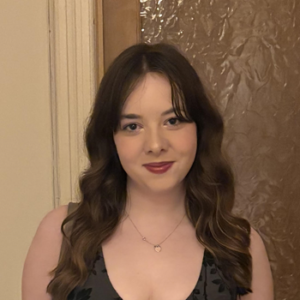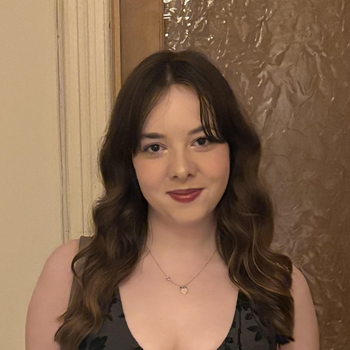Year 1 medical student, Cassidy explores the boundaries around activism and professionalism and discovers and discusses a few of the grey areas and obstacles.
 Lately, with so much happening, with the pandemic, environmental challenges, widening health inequalities, and uncertainty around the NHS, it’s hard not to question whether we should be using our voices more.
Lately, with so much happening, with the pandemic, environmental challenges, widening health inequalities, and uncertainty around the NHS, it’s hard not to question whether we should be using our voices more.
As future doctors, we’re pushed to advocate for our patients and to engage in difficult conversations to promote the wellbeing of our society. But we’re also still students, still learning and often uncertain about where the boundaries lie.
So where is the line between activism and professionalism?
As medical students, we are already aware of our professional responsibilities within this field. Whether on social media or during clinical placements, our behaviour reflects on the profession we’re entering. Navigating how advocacy can fit into this professional identity we are trying to build can feel like stepping into a grey area, one where the division between speaking up and staying professional isn’t clear.
Advocacy, particularly for public health, can sit comfortably within our professional responsibilities. Highlighting the harms of our healthcare system on the environment, campaigning for mental health funding, or speaking out against systemic racism in medicine are not acts of rebellion; they’re extensions of our duty to promote societal health. The GMC’s guidance encourages doctors to protect public health and speak out when care is compromised, and many of these habits begin in student years.
But it’s not always straightforward. It’s not just what we say but how we say it. While it’s vital to use our voices, it’s just as vital to do so with care, by staying evidence-based, respectful, and reflective of the professional standards we are already expected to uphold to maintain the public’s trust.
Are students sufficiently informed to advocate?
Another barrier often faced is confidence. There’s often a sense that students should stay quiet on national issues, that we lack the experience or knowledge to speak meaningfully on these matters. Indeed, we’re still learning, and with this comes the risk of speaking beyond our knowledge. But we can still speak responsibly, especially when we draw on the expertise of trusted sources and organisations.
Students often bring valuable perspectives. We are passionate, unjaded and often more attuned to social justice issues. Working in student groups, supporting campaigns, or simply starting conversations within our communities can all be powerful forms of advocacy.
How does speaking out now shape future practice?
The habits we build now don’t just stay in university; they shape the doctors we’ll become. Learning to speak out early and reflectively builds integrity, and it teaches us to navigate complex and controversial issues. Public health issues often do not have simple solutions. Speaking out requires listening and communicating uncertainty clearly, essential skills for clinical practice too. We’ll be expected to raise concerns when patient safety is at risk and to promote healthy behaviours on a societal level. Developing the habit of speaking out now lays the foundation for this part of our role.
Advocacy does not need to be hypothetical or abstract, it’s already happening. Organisations like Students for Global Health bring together medical students from across the UK to campaign on a range of issues, from access to medicine to planetary health. Likewise, student-led campaigns to decolonise the medical curriculum have challenged outdated and non-inclusive teaching. Recently, they have called for more accurate representation of skin conditions across skin tones and more teaching on health inequalities rooted in systemic racism.
Speaking out doesn’t mean shouting the loudest
These movements highlight how advocacy can be thoughtful and collaborative, and we don’t have to wait until we’re qualified to care about the bigger picture. Speaking out doesn’t mean shouting the loudest. It’s about standing for something you believe in and doing so thoughtfully.
I’ve often questioned whether I’m the right person to speak out, whether I know enough or if I’m just adding to the noise. This is something that has prevented me from engaging in these discussions in the past. I have felt as though I do not have the experiences or the authority to say anything meaningful, that I should just leave it to others who seem more confident. Over time, I’ve started to realise that waiting until I was “ready” might mean never speaking up at all. That’s why I’m setting myself a new academic year resolution to get more involved with student groups that stand for something that I believe in, and I encourage you to do the same.



